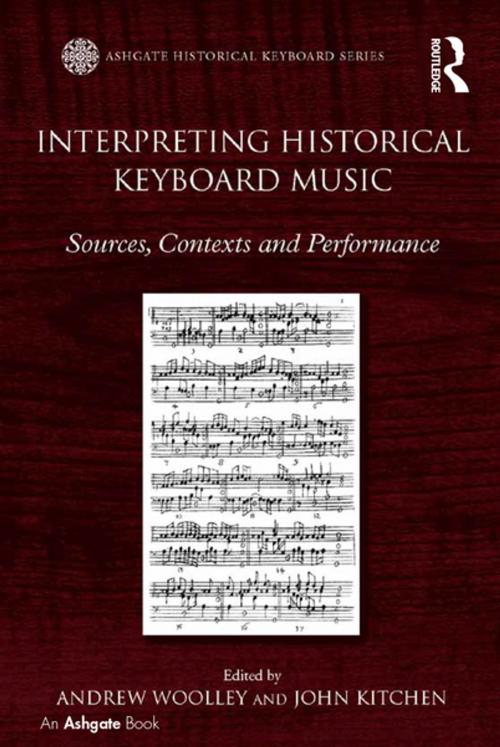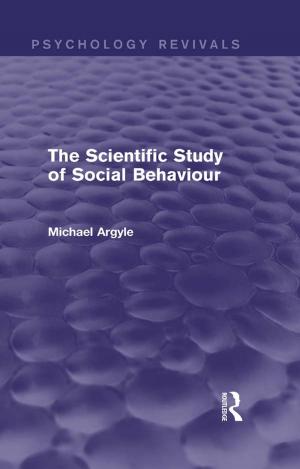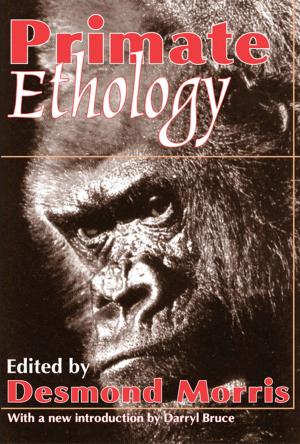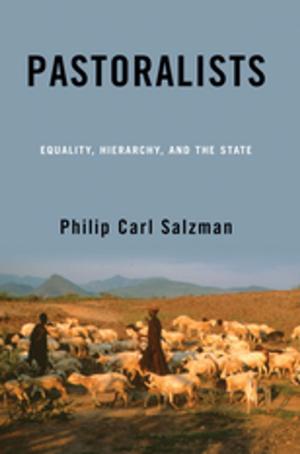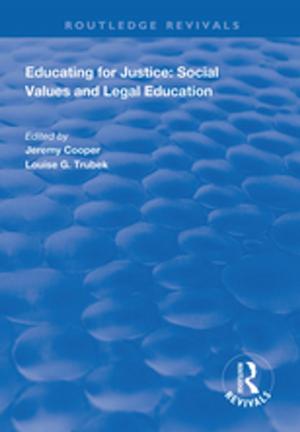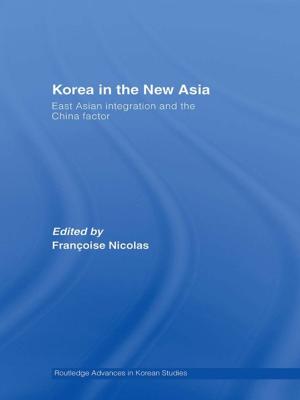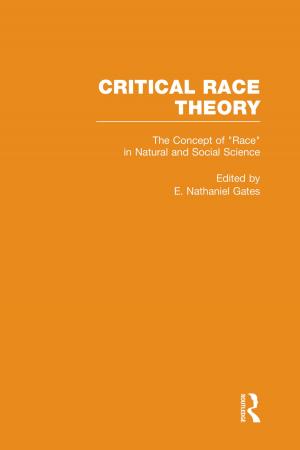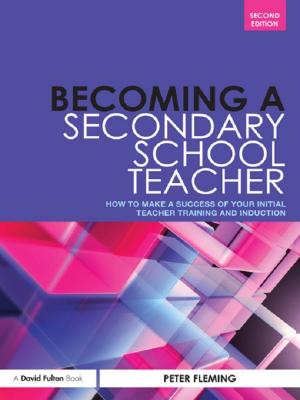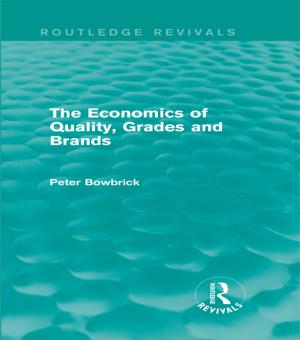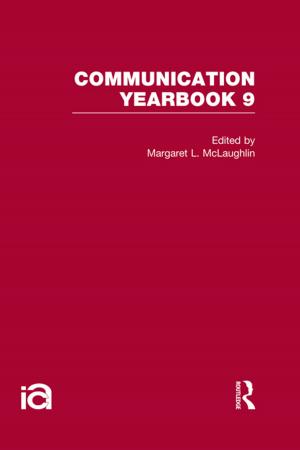Interpreting Historical Keyboard Music
Sources, Contexts and Performance
Nonfiction, Entertainment, Music, Theory & Criticism, History & Criticism, Reference, Instruments & Instruction, General Instruments| Author: | Andrew Woolley, John Kitchen | ISBN: | 9781317113553 |
| Publisher: | Taylor and Francis | Publication: | May 23, 2016 |
| Imprint: | Routledge | Language: | English |
| Author: | Andrew Woolley, John Kitchen |
| ISBN: | 9781317113553 |
| Publisher: | Taylor and Francis |
| Publication: | May 23, 2016 |
| Imprint: | Routledge |
| Language: | English |
Research in the field of keyboard studies, especially when intimately connected with issues of performance, is often concerned with the immediate working environments and practices of musicians of the past. An important pedagogical tool, the keyboard has served as the ’workbench’ of countless musicians over the centuries. In the process it has shaped the ways in which many historical musicians achieved their aspirations and went about meeting creative challenges. In recent decades interest has turned towards a contextualized understanding of creative processes in music, and keyboard studies appears well placed to contribute to the exploration of this wider concern. The nineteen essays collected here encompass the range of research in the field, bringing together contributions from performers, organologists and music historians. Questions relevant to issues of creative practice in various historical contexts, and of interpretative issues faced today, form a guiding thread. Its scope is wide-ranging, with contributions covering the mid-sixteenth to early twentieth century. It is also inclusive, encompassing the diverse range of approaches to the field of contemporary keyboard studies. Collectively the essays form a survey of the ways in which the study of keyboard performance can enrich our understanding of musical life in a given period.
Research in the field of keyboard studies, especially when intimately connected with issues of performance, is often concerned with the immediate working environments and practices of musicians of the past. An important pedagogical tool, the keyboard has served as the ’workbench’ of countless musicians over the centuries. In the process it has shaped the ways in which many historical musicians achieved their aspirations and went about meeting creative challenges. In recent decades interest has turned towards a contextualized understanding of creative processes in music, and keyboard studies appears well placed to contribute to the exploration of this wider concern. The nineteen essays collected here encompass the range of research in the field, bringing together contributions from performers, organologists and music historians. Questions relevant to issues of creative practice in various historical contexts, and of interpretative issues faced today, form a guiding thread. Its scope is wide-ranging, with contributions covering the mid-sixteenth to early twentieth century. It is also inclusive, encompassing the diverse range of approaches to the field of contemporary keyboard studies. Collectively the essays form a survey of the ways in which the study of keyboard performance can enrich our understanding of musical life in a given period.
